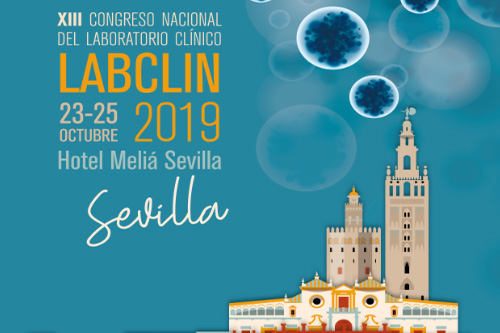Despite living in a sunny country, with adequate nutrition, the available data confirm that there is an insufficiency and still frank deficiency of vitamin D in the Spanish population at all ages studied and in both sexes, similar to that existing worldwide including very sunny regions [1,3] already existing in other countries of the Mediterranean basin [2] with similar possibilities of sun exposure.
Vitamin D intervenes in multiple physiological processes, in addition to bone metabolism. Its deficit in children causes rickets and osteomalacia in older people. Furthermore, it is associated with lower respiratory tract infections such as bronchitis or pneumonia, especially in children. In older people, a vitamin D deficiency can lead to fatigue, weakness, and muscle aches. It also hinders wound healing and recovery after surgery, and vitamin D deficiency has been shown to be associated with depression, increased risk of cardiovascular disease (heart attack, hypertension, metabolic syndrome) and diabetes.
- For all these reasons, screening for hypovitaminosis D is indicated in the following risk groups:
Over 65 years: institutionalized, immobilized, hospitalized, patients with osteoporosis or increased risk of falls and fractures. - Pathologies that condition intestinal malabsorption: celiac disease, inflammatory bowel disease, liver diseases, pancreatic insufficiency, gastrectomy or bariatric surgery.
- Other pathologies: osteoporosis / fractures, kidney failure, obesity, large burns, granulomatous diseases (sarcoidosis, tuberculosis, among others), lymphomas …
- Signs of osteomalacia or arthralgias.
- High levels of alkaline phosphatase and parathyroid hormone, and/or low levels of calcium and phosphorus
- Drugs: anticonvulsants, glucocorticoids, antifungals, antiretrovirals, and cholestyramine.
- Pregnancy, especially if the woman is dark skinned, and lactation.
Tecil provides safe screening tests that aid in the prevention and rapid diagnosis of vitamin D deficiency. Each test includes all accessories necessary for sampling and can be stored at room temperature for 24 months.
Represents in Spain the Juschek brand of Acro Biotech, the leading international group in the rapid diagnosis industry with modern facilities in California accredited by ISO13485 and regularly inspected by the FDA, which, with more than 500 tests developed in its 20 years of experience, continues to launch new tests monthly.
Bibliography
1. Van Schoor NM, Lips P. Worldwide vitamin D status. Best Pract Res Clin Endocrinol Metab 2011;25:671-80.
2. Quesada Gómez JM, Díaz Curiel M. Vitamin D deficiency and consequences for the health of people in Mediterranean countries En: Holick, Michael F ed. Vitamin D. Physiology, Molecular Biology, and Clinical Applications. 2nd ed. Nutrition and Health; 2010.p.453-68.
3. Binkley N, Novotny R, Krueger D, Kawahara T, Daida YG, Lensmeyer G, et al. Low vitamin D status despite abundant sun exposure. J Clin Endocrinol Metab 2007;92:2130-5.
4. Quesada-Gómez JM, Díaz-Curiel M, Sosa-Henríquez M, Malouf-Sierra J, Nogués-Solán X, Gómez-Alonso C, et al. Low calcium intake and inadequate vitamin D status in postmenopausal osteoporotic women. J Steroid Biochem Mol Biol 2013;136:175-7.







